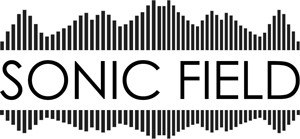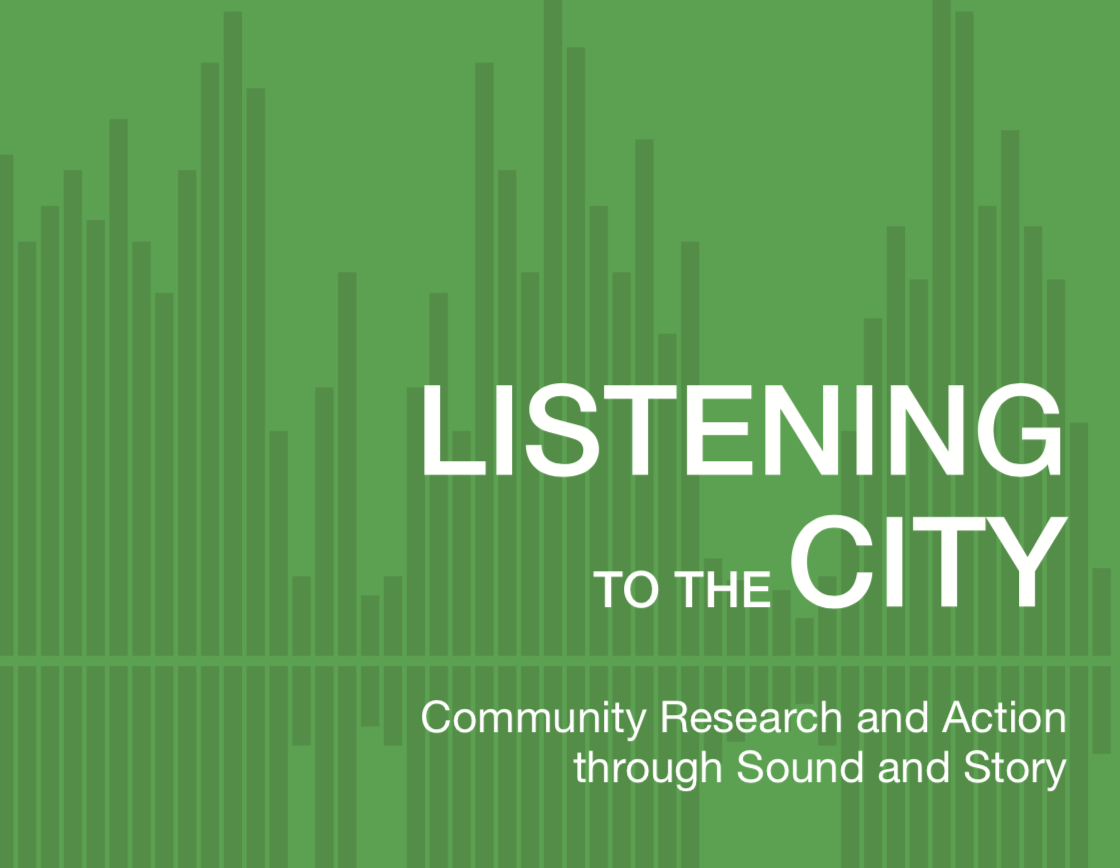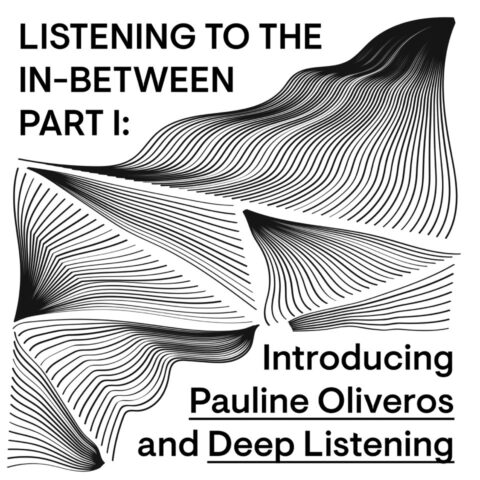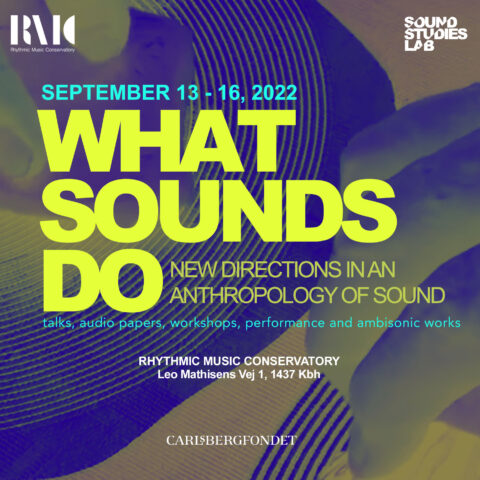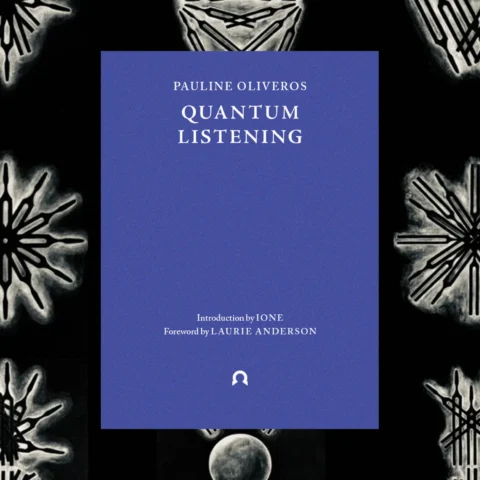MIT Community Innovators Lab has published “Listening to the city Handbook” for free (PDF).
Overview
This book is the result of a year long collaboration that arose from a shared desire to explore how sound – including the human voice – can enrich our understanding of place. Although no single truth exists, we often narrate and come to our own understanding about a community, its history, and its present challenges from a single point of view. Through listening, we embark on a transformative journey through the memories and sensations of a place, and develop a deeper appreciation for all it represents. The editors of this book encourage readers to embrace unconventional and aesthetic approaches to inquiry and engagement, and seek to make the case for the potential these methods hold to unleash more nuanced, complex, and even contradictory understandings of space. In this sense, this book was also brought into being with the intent of counterbalancing traditional social science practice–which historically recognizes only certain forms of knowledge as legitimate–with other ways of knowing cities, including the critical perspectives of those (often unheard voices) who live within them. Beyond cultivating empathy and developing a multi-layered understanding of place, this book also urges academics and practitioners alike to explore emergent methods for making meaningful change within communities.
Origins
In 2014, MIT CoLab’s Empathetic Aesthetics Program embarked on research initiatives at the intersection of aesthetic inquiry, urban planning and community change. It was around this same time that LA Listens was investigating the inter-relationship between sound practice and the sensory experiences of residents. The two organizations joined forces to generate a community-engaged blog series and global soundwalking call, which drew attention from contributors around the world and sparked interest in continued collaboration around emergent methods for sensing cities through sound. Hoping to expand the partnership and learn how others were using sound practice both to shape their sense of place and as a means for social change, CoLab recruited the Design Studio for Social Intervention to engage local artists and activists interested in this nexus. The trio applied for and was awarded funding from the National Endowment for the Arts to embark on a shared exploration, Listening to the City, which sought to capture and embed a selection of sound and story-based approaches to community research and action into a handbook that could be more widely utilized and shared.
